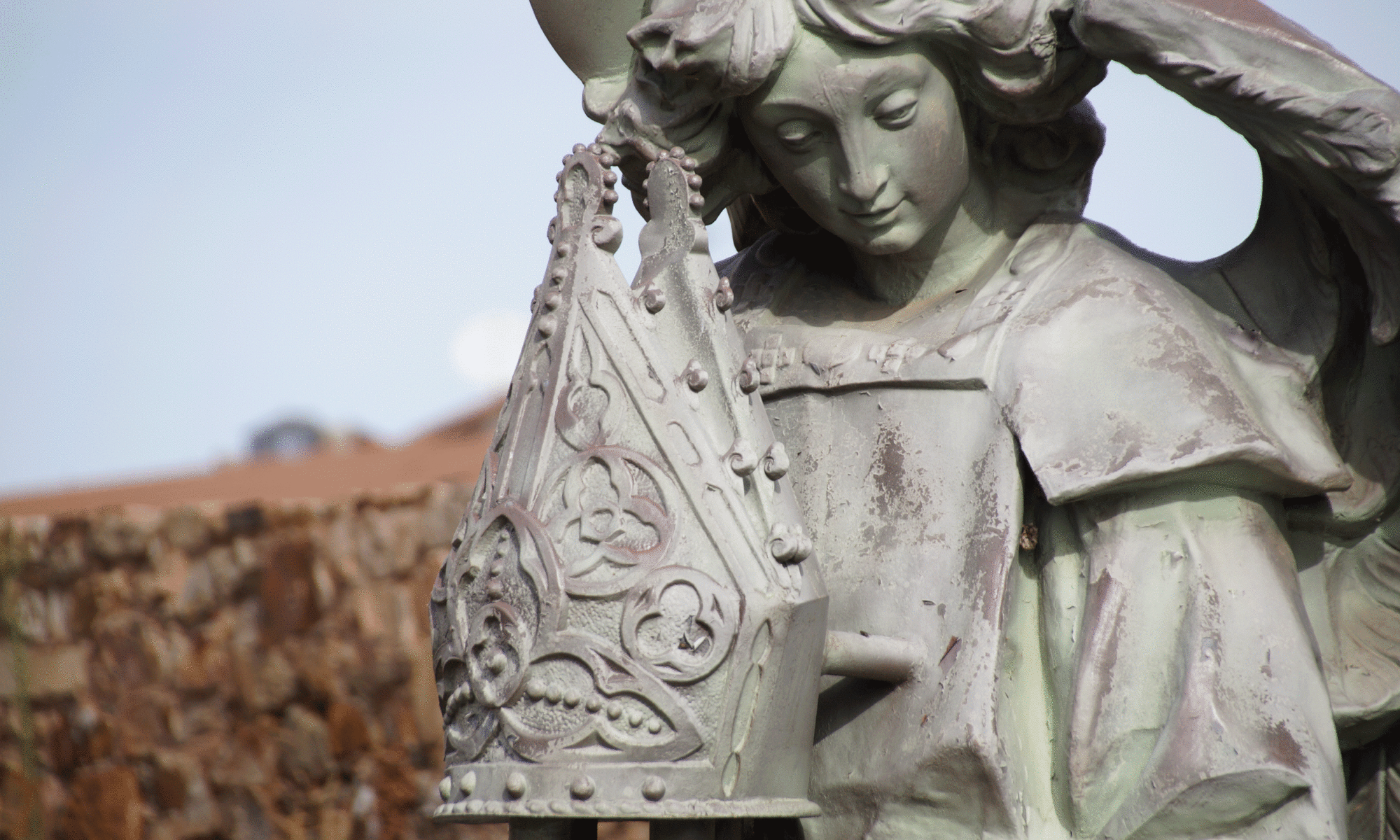You may have heard – “That priest isn’t even Catholic” or “That Mass does not fulfill your Sunday obligation” or, “That parish is outside the Church.”
Now you are asking yourself – I am a Roman Catholic. May I receive the Sacraments from a Society of St James priest (legally, validly, etc)?
Before answering the question, we wish to be clear – The Society of St James does not advocate people leaving their parishes. We do not intentionally proselytize (also known as “sheep stealing”) from any local church. The focus of the SSJ is to reach those who are outside of the Church and those who are in non-traditional settings (which limit their access to local parish options).
The Short Answer is, Yes you most certainly may.
The Longer Answer (much Longer I am afraid) is:
There are multiple small Catholic churches/societies/orders that have broken from the Roman Catholic Church over the years.
The two most well-known are The Polish National Catholic Church (PNCC) and the Society of St Pius X (SSPX).
No matter which of these various bodies you consider, there is one thing more important than anything else – Are their Sacraments valid?
To have a valid Sacrament, four standards must be maintained.
Valid Minister of the Sacrament
Valid Matter of the Sacrament
Valid Form of the Sacrament
Valid Intent of the Sacrament
Examples
Valid minister of Ordination is a bishop
Valid matter of Ordination is a baptized Christian male.
Valid form of Ordination is the Roman Pontifical promulgated by Pope Leo XIII.
Valid intent of Ordination is to convey the blessing of the Holy Spirit for the sake of creating a priest empowered to confect the Sacraments.
(An example of the opposite would be when you see a baptism in a movie. Because any person can perform a baptism – valid minister is present. For sake of the example we will assume valid form and matter exist – In the name of the Father, and the Son, and the Holy Spirit using water on a human. The Baptism is still not valid because there is no intent to baptize, it is just a scene in a movie).
The various Catholics who are not in communion with Rome all started with valid Bishops.
All that is required to maintain their sacramental validity is to remain diligent on the four sacramental requirements. If the four sacramental requirements are maintained, even if the church is schismatic, sacramental validity is maintained.
As long as sacramental validity is maintained, you may, under the applicable Canon Law, receive the Sacraments from priests outside of the Roman Catholic Church.
The wording of the Canon is (portions bolded to be explained below):
“Whenever necessity requires it or true spiritual advantage suggests it, and provided that danger of error or of indifferentism is avoided, the Christian faithful for whom it is physically or morally impossible to approach a [Roman] Catholic minister are permitted to receive the sacraments of penance, Eucharist, and anointing of the sick from non- [Roman] Catholic ministers in whose Churches these sacraments are valid.” 844 §2
Assuming one is in a state of grace, it is always truly spiritually advantageous to receive the Eucharist.
Due to the shortage of priests in the RCC, physical impossibility is a frequent consideration – especially in non-traditional settings (the SSJ priority). Even when there are local RCC parish options, there are many people who have been scandalized by the immorality of the local parish priest – thus creating a moral necessity.
The fundamental requirement of this Canon is for the Sacrament to be valid.
There is no requirement that it be either licit or regular – only valid.
A final comment on this Canon – the caution given in the Canon is given against error or indifferentism.
There is no concern of indifferentism or error when having your sacramental needs met by a traditionalist Catholic priest celebrating the Traditional Latin Mass (either in Latin or the common language).
The concern of indifferentism and error is over, for an example – going to a protestant church and seeing their memorial only Lord’s Supper as equivalent to the Eucharist’s Real Presence of Christ in the Sacrament (which would be both theological error and display indifferentism to the massive difference between them).
The Bottom Line
Based on the conditions detailed above, unless you feel a personal violation of conscience in doing so – you may lawfully receive the Eucharist (as well as the other permitted Sacraments) from the priests of the Society of St James.
All SSJ priests hold valid Holy Orders meeting the requirements of Sacramental Validity as detailed above, there is no chance of error or indifferentism, and there is a true spiritual advantage.
